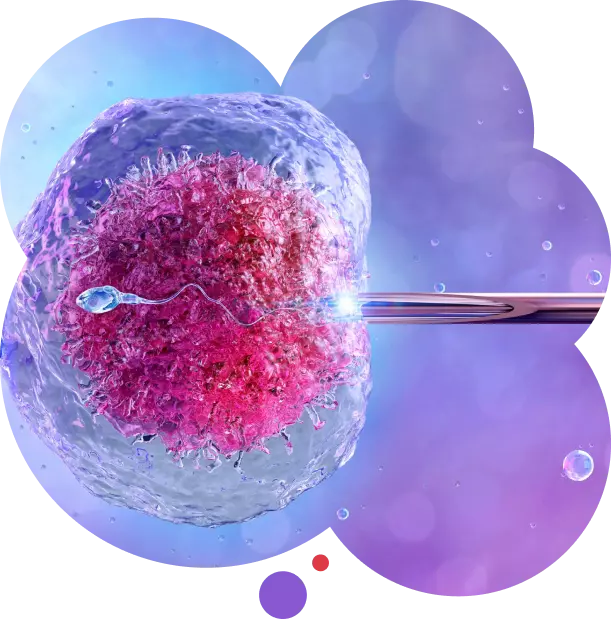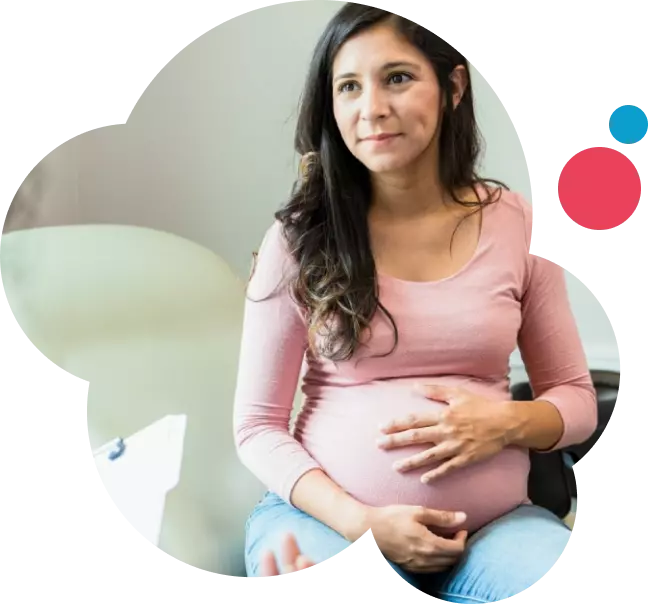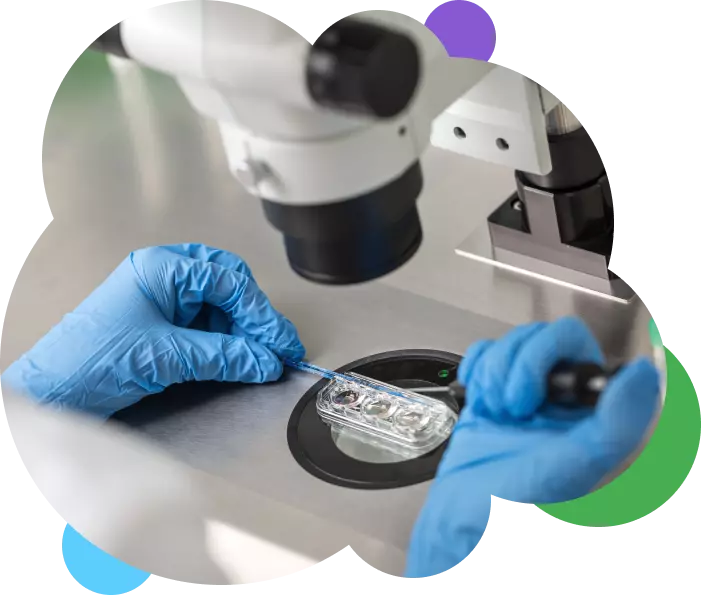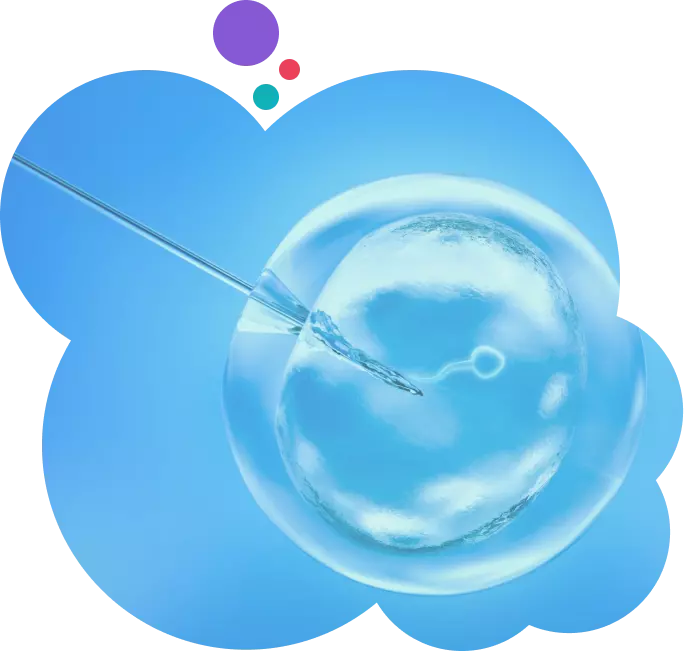
Laser Assisted Hatching is a cutting-edge procedure offered at Feto IVF Fertility Center in Coimbatore, designed to enhance the implantation potential of embryos during In Vitro Fertilization (IVF). This advanced technique utilizes precise laser technology to assist the embryo in breaking through its outer shell, improving the chances of successful pregnancy for our patients.

Laser Assisted Hatching (LAH) is a specialized technique used in assisted reproductive technology (ART) to enhance the success rates of embryo implantation during in vitro fertilization (IVF). It involves using a precise laser to create a small opening in the zona pellucida, the protective outer layer of the embryo, facilitating the embryo’s ability to implant into the uterine lining.
The zona pellucida is a crucial structure that surrounds the embryo, providing protection and structural support. However, in some cases, this layer can be too thick or hardened, making it difficult for the embryo to hatch and implant successfully. LAH addresses this issue by thinning or creating a small opening in the zona pellucida, thereby improving the embryo’s chances of successful implantation.
Laser Assisted Hatching is performed in a controlled laboratory environment by skilled embryologists. The process begins with selecting embryos that are at the appropriate developmental stage.
Using a high-powered microscope equipped with a precise laser, a small opening or thinning of the zona pellucida, the outer shell of the embryo, is created. The laser’s pinpoint accuracy allows the embryologist to breach this layer without harming the embryo itself. This procedure is completed in a matter of seconds, minimizing any potential stress on the embryo.
The modified embryo is then closely monitored before being transferred into the uterus. By facilitating easier hatching, this technique significantly enhances the chances of the embryo successfully implanting into the uterine lining, thereby improving the overall success rate of the IVF cycle.


LAH may be recommended for patients who have experienced repeated implantation failures, have embryos with a thicker-than-normal zona pellucida, or have undergone previous unsuccessful IVF cycles. It can also be beneficial for women over the age of 35, as the quality of the eggs and embryos may be compromised with age.


While LAH is a promising technique, it is essential to discuss its suitability with your fertility specialist. They will assess your individual situation, including the quality of your embryos and previous IVF outcomes, to determine if LAH is appropriate for you.
Laser Assisted Hatching (LAH) represents a significant advancement in IVF technology, offering hope and enhanced success rates for individuals undergoing fertility treatments. By facilitating embryo implantation, LAH can be a valuable tool in achieving the dream of parenthood. If you have questions or need further information about LAH and its potential benefits, please consult with your fertility specialist at Feto IVF, Coimbatore.
The average cost of laser-assisted hatching (LAH) in India ranges from ₹15,000 to ₹30,000. This price can vary based on factors such as the clinic’s reputation, the experience of the doctor, and the specific requirements of the treatment. Compared to other fertility treatments, LAH is considered relatively affordable.
Laser-assisted hatching (LAH) is an advanced infertility technique used in conjunction with in vitro fertilization (IVF). It involves creating a small hole in the embryo’s outer shell, known as the zona pellucida, using a laser. This process facilitates the hatching of the embryo, which is crucial for successful implantation into the uterine lining.
LAH improves IVF success rates by enhancing the embryo’s ability to hatch from its protective shell, which can be particularly thick in some cases. By assisting this process, LAH increases the likelihood of successful implantation and pregnancy, especially in patients with previous IVF failures or those with older embryos.
Laser-assisted hatching is considered safe for embryos when performed by experienced specialists. The procedure minimizes risks as it does not involve direct handling of the embryo and is carried out with precision. This controlled approach ensures the embryo’s integrity during the hatching process, thereby enhancing the chances of a successful pregnancy.